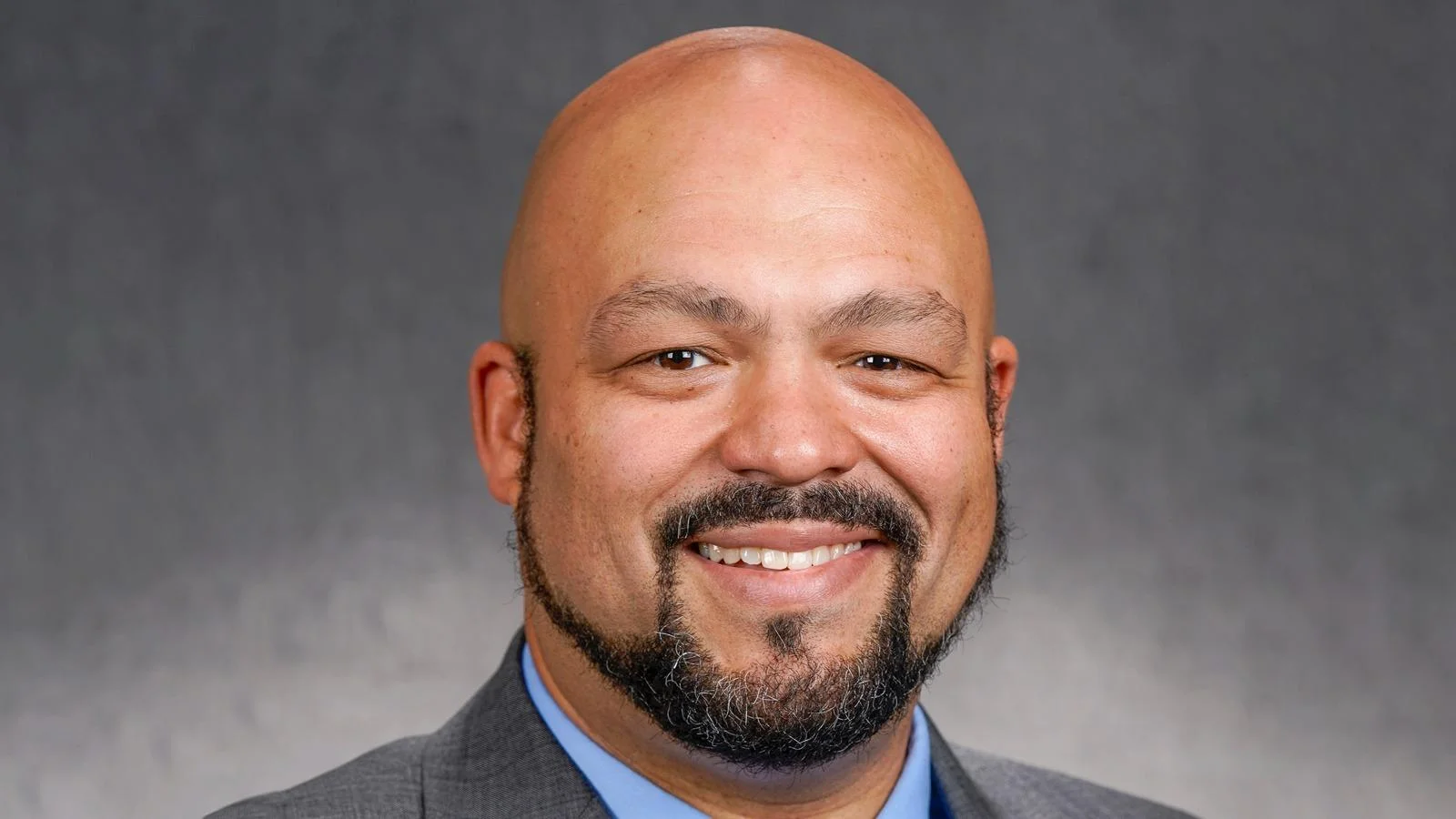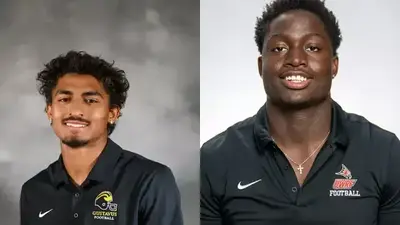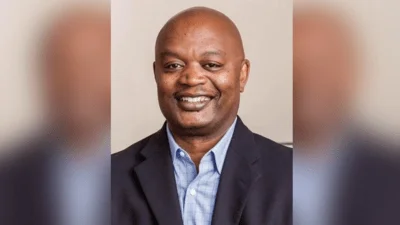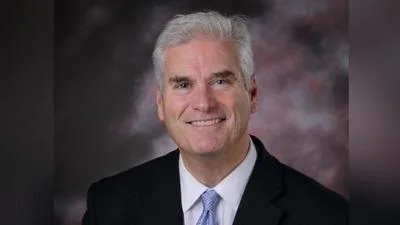Walter Hudson, Minnesota State Representative from the 30A District | Official Website
Walter Hudson, Minnesota State Representative from the 30A District | Official Website
Walter Hudson, a Minnesota state legislator, used his social media platform on November 12 and 13, 2025, to comment on issues ranging from criminal justice to legislative actions and municipal authority over gun laws.
On November 12, Hudson questioned the outcomes of ongoing investigations in a post stating, "We're sick and tired of hearing about 'new evidence.' Where are the arrests? Where are the convictions?" He expressed frustration at what he perceives as a lack of concrete results following reports of new evidence.
Later that day, Hudson commented on statements made by Representative Alexandria Ocasio-Cortez (AOC) regarding votes needed to reopen the government. He wrote, "AOC here admits that the votes to re-open were needed from Democrats who 'got nothing' and 'broke with the Democrat Party.' Opening government is breaking with her party, but it's somehow still the 'Trump shutdown.' Talk about mental gymnastics." The remarks refer to ongoing debates in Congress about responsibility for recent government shutdowns and bipartisan cooperation during votes to reopen federal operations.
On November 13, Hudson addressed local gun control measures proposed by St. Paul officials. In his post he stated, "State law does not allow municipalities to create their own gun bans. This was explicitly considered by the legislature in the last term under a Democrat trifecta and went nowhere. St.Paul is throwing money away on an inevitable lawsuit they will lose." His comments reference Minnesota's legal framework which reserves authority over firearm regulations to state lawmakers rather than local governments.
In Minnesota, firearm regulation is preempted at the state level; cities such as St. Paul cannot enact their own bans or restrictions beyond what is established by state law. Previous attempts in recent legislative sessions led by Democratic majorities did not result in changes granting this power to municipalities.






 Alerts Sign-up
Alerts Sign-up